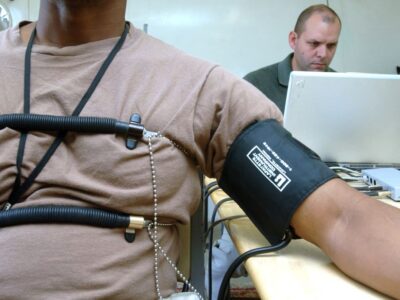Consent is crucial if you perform sexual activities. Consent is the act of approving something to occur. If the other party refuses, it is considered sexual assault. In Canada, rape, groping, and kissing are all regarded as forms of sexual assault. Sexual assault generally refers to assaulting another person’s sexual integrity. A New Westminster criminal defence lawyer can help by representing you.
The presence of sexual activity without consent is essential to assessing if a sexual assault took place.
The importance of consent in cases of sexual assault.
The issue of consent is at the center of many sexual assault proceedings. You must comprehend what consent entails.
Was the sexual conduct approved or not by the complainant? As there are frequently no witnesses, the issue becomes one of what was stated, with each party relying on minor facts to establish the existence or absence of permission. The complainant can claim that they were coerced into acting a certain way or that they were too drunk to make a rational choice. The defendant can assert that the complaint took a direct part while denying any knowledge of this.
How does sexual consent work? Criminal law in Canada’s definition.
The Criminal Code of Canada defines consent as the freely given permission to participate in the sexual behavior in question. The individual who starts the sexual interaction must make a reasonable effort to secure consent, which spoken words or nonverbal cues can communicate. A person’s agreement to one sort of sexual activity does not imply that they will automatically consent to another. Additionally, consent can always be revoked through actions or words. At any time throughout sexual contact, a person can alter their mind.
When can there be no sexual intercourse:
- Somebody is incapable of consenting, such as when they are unconscious. There can be no consent to sexual intercourse.
- Someone not of legal age to consent is having sex with someone in a position of trust, power, or authority, such as a teacher or nanny.
- A person gives their approval on another person’s behalf,
- A person withdraws their consent by making a statement or acting in a certain way
It is not admissible to claim that the other person consented by mistake if:
- If the other person was passive or mute,
- Depending on their intoxication, they held such a view.
- They declined to take reasonable action to establish consent, and
- Instead, they ignored the indications that another person was not consenting.
- Because consent had already been granted for previous sexual activity, they assumed it had been given here.












Comments